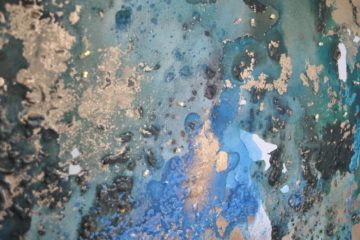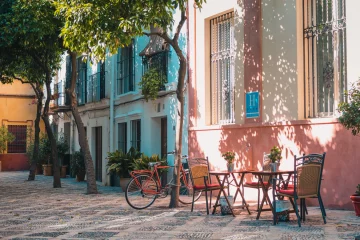Table of Contents
The discovery of Brazil
Brazil was discovered by Portuguese Pedro Álvares Cabral on April 22, 1500. The Portuguese expedition found Stone Age natives divided into several tribes who mostly spoke the Tupi–Guarani language. After this landing Brazil was declared Colony of Portugal.
Portuguese history
According to Portuguese history, at the beginning Brazil had little significance to Portugal, that’s why the Portuguese Crown gave lands to the nobility who were in turn responsible for the occupation of the land and answered to the king. This system failed and the king took control of the country again. Starting in the mid- 16th century, the sugarcane culture became the base of Brazilian economy and society, with the use of black slaves on large plantations to make sugar production for export to Europe.
In the 18th century, sugar exports started to decline because the attention of the Portuguese Crown was concentrated in the region where gold had been discovered (Minas Gerais, its translation in English is General Mines), which sold out before the end of the century.
Brazil independence
The history of Brazil in terms of Independence has a totally different process among other Latin American countries. This is a process carried out by a series of events that happened in their mother country, Portugal.
In April 1821, King João VI returned to Europe and left his elder son Prince Pedro de Alcântara as regent to rule Brazil. The Portuguese government attempted to turn Brazil into a colony once again but the Brazilians refused to yield and Prince Pedro stood by them declaring the country’s independence from Portugal on 7 September 1822 and Brazil became a constitutional monarchy, the Empire of Brazil.
Nowadays, Brazil is a thriving country with great natural wealth and one of the South American countries with more growth opportunities.



0 comentarios